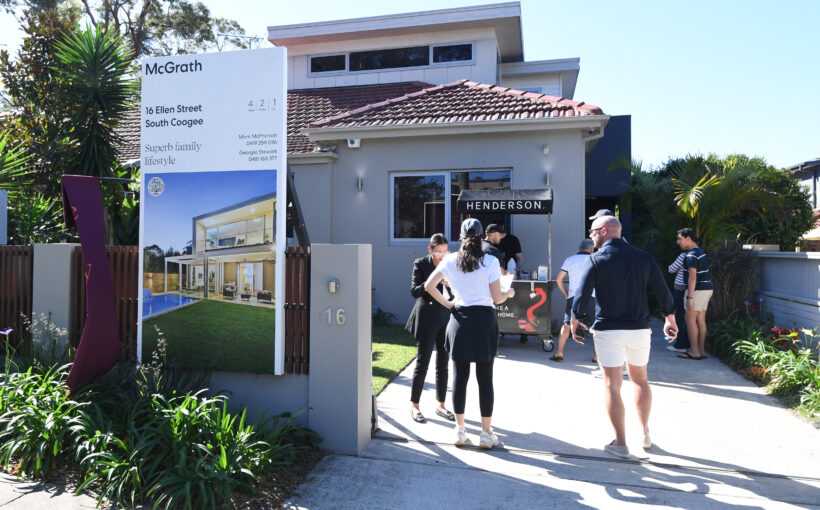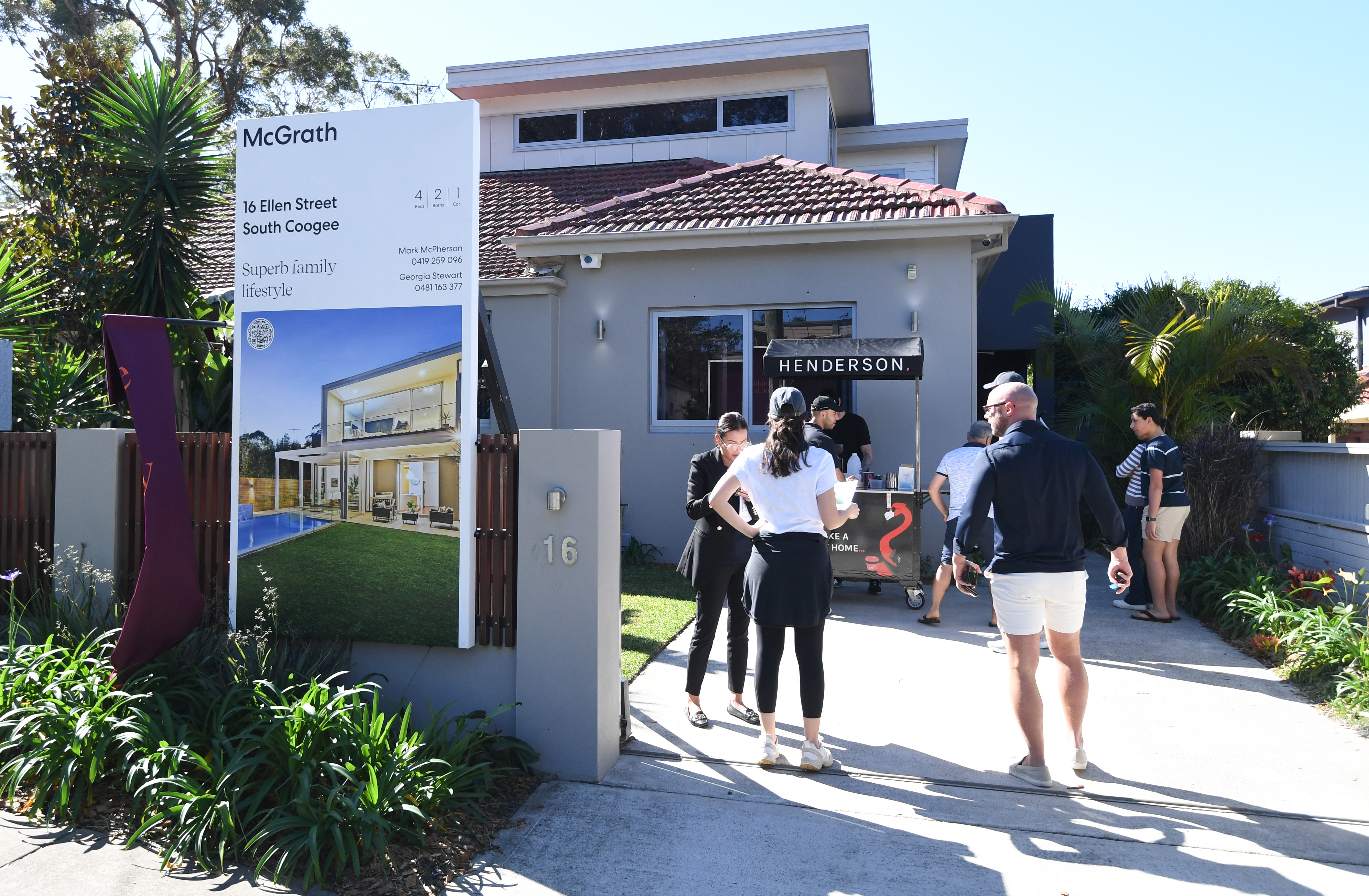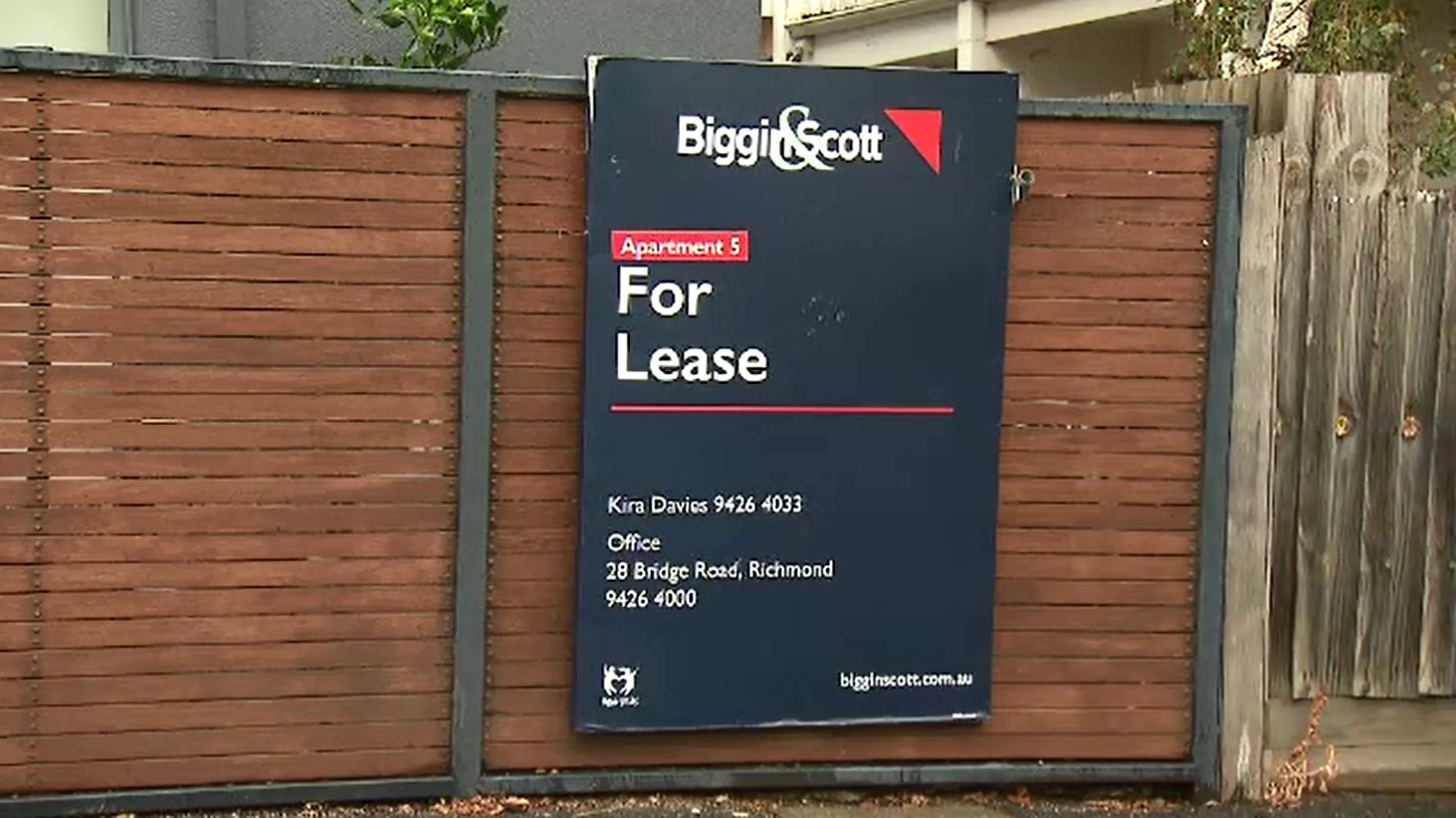Phasing out negative gearing may not solve Australia's housing crisis but reforming the controversial tax write-off could have a meaningful impact, say economists.
The debate surrounding negative gearing and capital gains tax has reignited following a report the federal government had asked Treasury for advice on possible changes to the tax concessions.
Under negative gearing, taxpayers can claim deductions when the cost of owning an investment property outweighs its income generated.
EXPLAINED: What is negative gearing and why are calls to change it so controversial?
One factor that incentivises negative gearing is the capital gains tax discount, which applies to half of the profit made when a house that is held for at least 12 months is sold.
The Treasury modelling, revealed yesterday, comes as opponents – including the Greens and other crossbench parliamentarians – claim the two tax policies are worsening the housing crisis.
Prime Minister Anthony Albanese has downplayed any movement on the issue, maintaining the federal government's focus was building more homes.
But economists say the policies are worth re-examining and could have meaningful impact on housing affordability.
READ MORE: 'No plans' to change negative gearing, PM says
Professor of Economics at UNSW Business School Richard Holden believes getting rid of negative gearing could "make a real dent" in the market.
"My view is it's a good thing to revisit, it's an opportunity given how acute the housing affordability crisis is at the moment," he told 9News.com.au.
"Part of the Australian dream is ownership and getting rid of negative gearing would put potential owner-occupiers on equal playing field with investors at auction.
"It could have a meaningful impact."
READ MORE: Contraceptive pill to be made available over the counter for more women
Economist Saul Eslake wants to see negative gearing at least phased out for investors in established housing.
"Over 75 per cent of property investors purchase an established dwelling, rather than a new one, which means that they increase the demand for rental housing by out-bidding would-be home-buyers, by exactly the same amount as they increase the supply of it," he said.
Eslake said abolishing negative gearing would have no impact on the net supply of rental housing, or on rents, while the move could also save more than $100 billion in budget revenue loss over the next decade.
"I think we need to act on both the demand side by stopping doing things that needlessly inflate the demand for housing, including negative gearing and the capital gains tax discount for investors," he said.
READ MORE: Coles and Woolies far from cheapest supermarkets in Australia, government-funded report finds
"On the supply side we need to stop doing things that needlessly constrain supply, such as onerous planning and zoning regulations."
On the opposite end of the spectrum, Mike Zorbas, chief executive of peak body the Property Council, argued modelled changes to negative gearing would only widen the housing gap.
He pointed to previous modelling suggesting the changes would shrink the number of new homes by 4 per cent, and only reduce house prices by 2 per cent.
"Government taxes and charges are 30 per cent of the cost of your new home across the country.
"Let's start by reducing government taxes and reforming planning systems to boost supply and avoid prioritising a discussion about a change that models as damaging investment in new homes across every Australian city and town."
Leading economist and former ACCC chief Allan Fels said he was "not a fan" of negative gearing alongside a generous capital gains tax.
"It encourages through speculation, it encourages people into the game who are not themselves genuine house owners," he told 9News.com.au.
Fels said while there was no standalone solution to the housing crisis, a more equitable tax system was needed.
"A fundamental flaw in this system is not taxing capital gains at a higher rate, the problem is not taxing inheritance," he said.
"If that were done I'd be less worried about negative gearing."
Crossbenchers Jacqui Lambie and Davis Pocock, as well as the Greens, support winding back negative gearing and the capital gains discount, meaning the government would have enough support in parliament to pass legislation that scales back the concessions.
But the issue is hotly contested and politically fraught; Labor lost both the 2016 and 2019 elections after proposing to limit negative gearing to new properties only.
Although the housing market has dramatically changed since the mid-2010s the party has been reticent about revisiting negative gearing reforms.
Fels said he would like to see an overhaul but felt it was unlikely.
"It's such a widespread perk for middle class people, including swinging voters," he said.
"Politicians won't touch it, there's too stronger pushback from the many beneficiaries."






